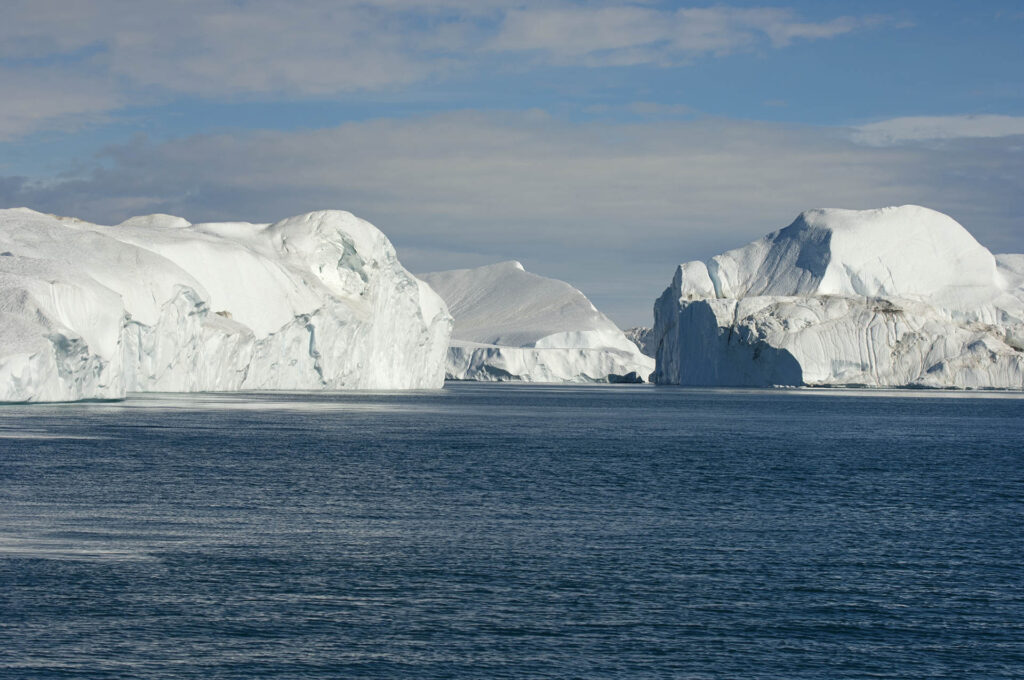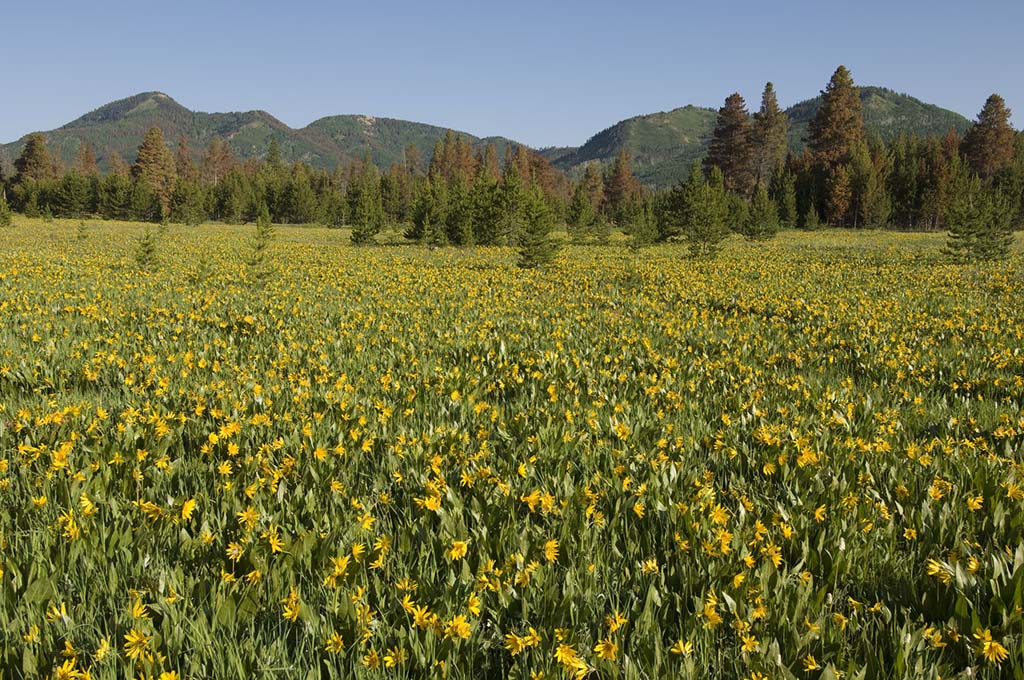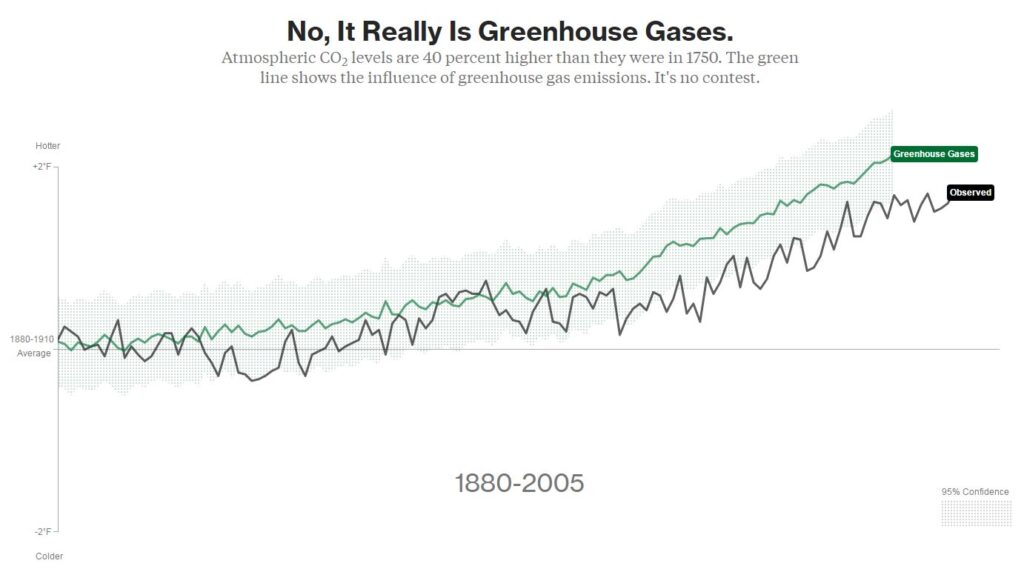
One of the general quandaries about current climate change impacts and those with our future climate has been: “how do we end up with drying when precipitation increases with warming as we already see happening and is further projected in the future?” This research from Princeton, University of Southampton and the US Geological Survey does…



















